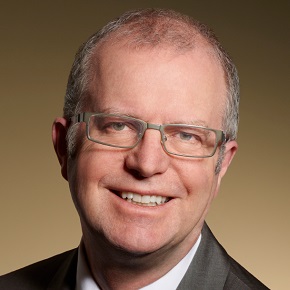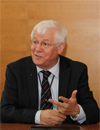 |
||
|
Russia Mulls Banning US Nuclear Arms Inspections – Source RIA Novosti, PUBLISHED 09.03.2014 Russia’s Defense Ministry is considering a ban on US inspections of Russian nuclear weapons under the New START deal over the standoff in Ukraine, a ministry source told RIA Novosti on Saturday. The ban would be a reaction to the US decision to suspend military cooperation with Russia over Ukraine, said the source, who requested anonymity. The United States has not conducted any inspections under the New START since the start of this year, according to the US Department of State’s website. Other news: Hungary Enacts Law to Expand Nuclear Power With Russian Aid Hungary’s president has signed a bill into law to expand a nuclear power plant in the country with Russian assistance. Hungary Lawmakers OK Russia Nuclear Plant Deal Russia will provide Hungary a loan of up to 10 billion euros ($13.5 billion) - around 80 percent of construction costs. Russia to Lend Hungary $13.7Bln for Nuclear Plant The deal was announced during a state visit to Moscow by Hungarian Prime Minister Viktor Orban and was hailed by Russian President Vladimir Putin. |
Hero of the day 
We are currently working with the Nuclear Decommissioning Authority (NDA) on this approach, which was submitted in response to their February 2012 call for alternative proposals. We appreciate that the UK is in the early stages of their policy development activities and are pleased to be involved in such important work. INTERVIEW
Yanko Yanev OPINION
Joint Plan of Action |

